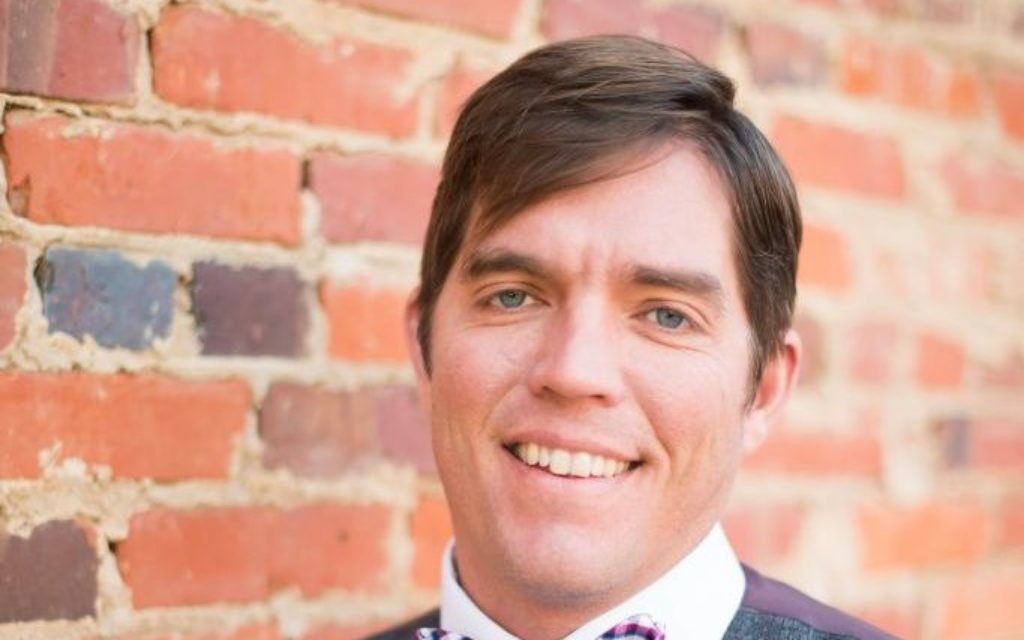Plastic Surgeon Commits to Domestic Victims
Benjamin Stong donates his services to disfigured women as a member of a national coalition's advisory board.
“Every minute there are 15 phone calls to a domestic violence hotline. Every three seconds somebody’s getting abused,” said Atlanta plastic surgeon Benjamin Stong, citing grim national statistics.
His numbers come from the National Coalition Against Domestic Violence, the organization that just appointed him to its advisory council. He now donates his surgical skills to women who have been abused and disfigured but cannot afford his services.
The NCADV is “the voice of victims and survivors who have experienced domestic abuse, taking steps to affect public policy, helping others understand the impact of domestic violence and providing programs and educational opportunities to promote awareness of domestic abuse,” according to a coalition statement.
Get The AJT Newsletter by email and never miss our top stories Free Sign Up
Physical and sexual assault, battery, and murder are all part of a crisis that affects more than 10 million Americans, with one in four women and one in eight men becoming victims of physical violence by an intimate partner, the NCADV said.
Stong’s most famous case is that of Christy Sims, a mother of two from Henry County whose boyfriend threw sulfuric acid over her in 2013, causing severe injuries and putting her in a two-month coma.
The mentality of attackers, particularly in acid cases, is about disfiguring victims so they can never be in other relationships, Stong said. “These women become hermits, almost. They don’t feel comfortable going outside any longer.”
The damage to Sims was so extensive that there was a limit to what he could do, and he referred her to a burn specialist in Baltimore, who performed skin grafts taken from her abdomen.
Stong, 41, bemoaned the easy access to weapons as well. “Seventy-two percent of all murder-suicides involve a domestic partner, and 94 percent of them are female, and if you have a gun in your home, you increase the risk of homicide by 500 percent,” he said. “Domestic gun violence is off the charts. Look how many guns we have, more than the entire world by far.”
His pro bono work includes plastic surgery to soldiers wounded in combat, assistance for people abroad with congenital facial abnormalities, trauma or rare diseases, and children with anomalies such as cleft lips.
“I basically cut my teeth in the Atlanta area doing tons of skin cancer reconstructions,” Stong said. “I became one of the busiest reconstructive guys in the city for Mohs (micrographic surgery).” He started his own business, Kalos Facial Plastic Surgery, in 2010 and is expanding into hair transplants and a spa.
He said it’s not common to combine running a practice with performing humanitarian work. “It takes time and energy and frankly stress to manage everything. Most doctors are just looking for a paycheck; very few go out on their own. There’s comfort in numbers. In the end, if you’re good enough, you can distinguish yourself and build something on your own. I just make time; that’s the best way to put it.”





comments